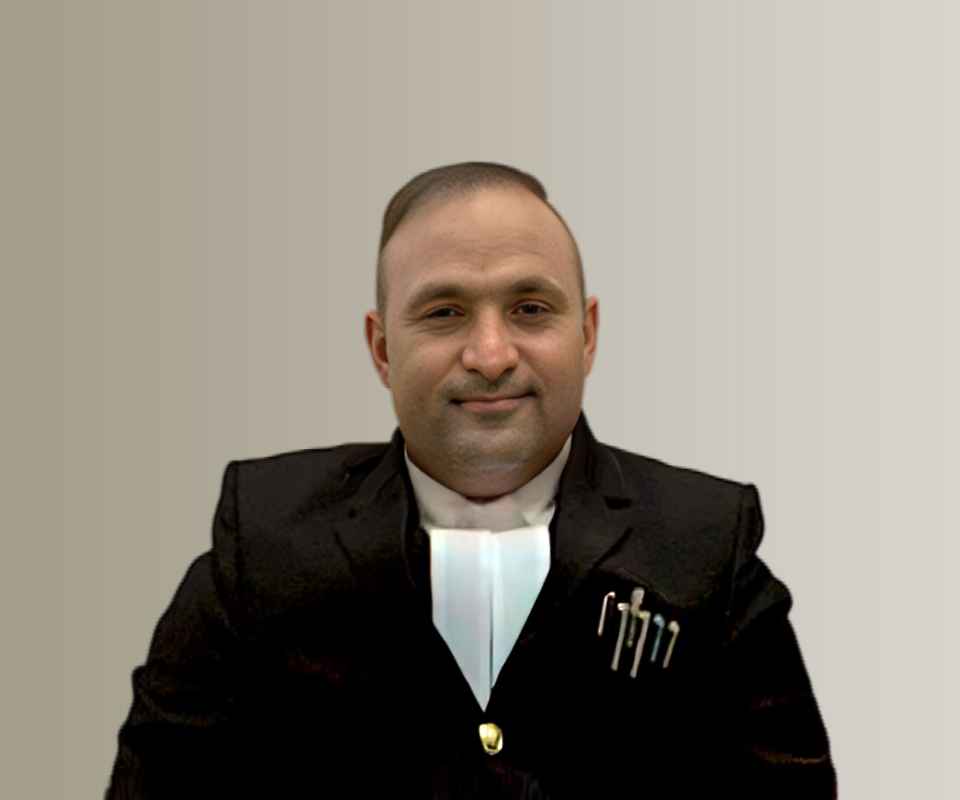Answer By law4u team
An implied contract is a type of agreement formed by the actions, conduct, or circumstances of the parties involved, rather than being explicitly stated. These contracts are legally binding, even though they lack written or oral agreement on the specific terms.
Types of Implied Contracts
Implied-in-Fact Contract:
This type of contract arises from the actions or conduct of the parties involved. For example, if you visit a doctor for a check-up, it is implied that you will pay for the services rendered, even if no formal contract is signed.
Implied-in-Law Contract (Quasi-Contract):
This is not a true contract, but a legal remedy created by the court to prevent unjust enrichment. For instance, if a person receives emergency medical treatment while unconscious, they may be legally required to pay for the services, even though no formal agreement was made.
Characteristics of an Implied Contract
No Written or Oral Agreement:
Unlike express contracts, the terms of an implied contract are not directly stated. Instead, the contract is inferred from the actions, behavior, or circumstances surrounding the agreement.
Mutual Consent Through Conduct:
The contract is formed based on the parties’ conduct or circumstances, such as a person taking an action that leads another to reasonably expect compensation.
Legal Enforceability:
Despite not being explicitly stated, implied contracts are still enforceable in a court of law if the essential elements of a contract (offer, acceptance, and consideration) are met.
Understanding and Reasonable Expectations:
The contract is enforced when it is reasonable to assume that both parties understood or expected that a contract existed based on their actions.
Differences Between Implied and Express Contracts
Implied Contracts:
The terms are not openly communicated but are inferred through conduct or circumstances. There is no explicit offer or acceptance, but mutual consent is implied from the actions of the parties.
Express Contracts:
The terms are directly agreed upon, either orally or in writing, with clear and mutual consent.
Example
If you go to a hair salon for a haircut and sit in the chair, it is implied that you agree to pay for the service, even though no formal contract is signed. Your actions, such as sitting down and requesting the service, demonstrate your agreement to the terms of the service, and the salon can enforce payment upon completion. Similarly, if you hire a plumber to fix a leaky faucet and the plumber arrives to perform the work, an implied contract exists based on your conduct and mutual expectations.







